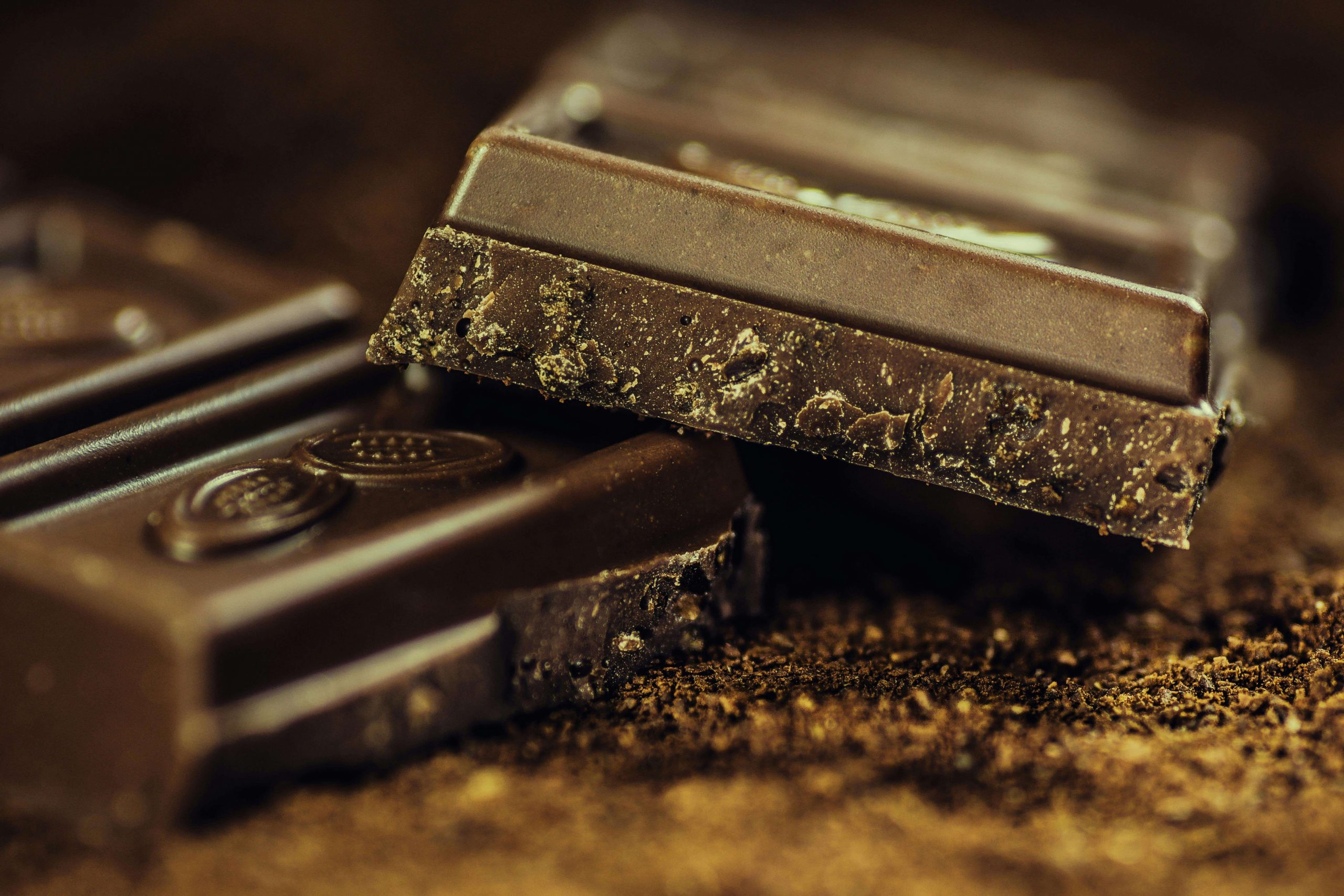Dark chocolate has earned a health halo in recent years, often touted as a smart alternative to sugar-laden snacks. But is it truly a better choice, or just the lesser evil? As wellness trends and clean-label movements fuel the rise of dark chocolate worldwide, it’s worth asking: How healthy is it, really?
What sets dark chocolate apart from other treats?
Dark chocolate typically contains a higher percentage of cocoa solids and much less milk and sugar than milk chocolate. The higher the cocoa concentration, the higher the presence of flavonoids, polyphenols, and essential minerals. These naturally occurring antioxidants are known for supporting cardiovascular health, reducing inflammation, and boosting brain functioning. These health benefits make dark chocolate more than just a decadent treat; it’s increasingly being recognised as a functional food.
What does science say?
Several studies have confirmed dark chocolate’s health benefits. These studies link cocoa flavonoids to better blood flow, reduced blood pressure, and improved cognition. Other studies suggest dark chocolate may improve insulin sensitivity, helping regulate blood sugar levels.
A 2016 study published in Appetite found that regular consumption of dark chocolate was associated with enhanced memory and abstract reasoning. However, it’s important to note that moderation is key. Many commercial dark chocolates contain added sugar and saturated fats, which can negate some of the health benefits when consumed in excess.

What modern consumers are demanding
Over the years, there has been a rise in ethical and transparent chocolate production, where today’s consumers are looking towards fair trade, organic certifications, and sustainable bean-to-bar practices.
Products made with these practices in mind are especially popular with millennials and Gen Z consumers, offering both premium quality and traceability.
Beyond basic nutrition, many consumers expect their snacks to serve a functional purpose, such as improving mood, enhancing focus, or supporting digestive health. Dark chocolate is often considered a natural energy booster thanks to its natural stimulant, theobromine, and small amounts of caffeine. What makes dark chocolate even more appealing is its natural trigger for the release of serotonin and endorphins. This has made it particularly popular during periods of heightened stress.
So… is it really healthier?
Some brands now add collagen, probiotics, and even CBD to create a multi-functional confectionary product. This innovation not only aims to address consumer demand for healthier treats but also helps brands stand out in a competitive market landscape.
Is dark chocolate really all that healthy? The answer lies in the quality of the product and how it’s consumed. High-quality dark chocolate, with at least 70% cocoa and minimal additives, can indeed be a healthier alternative to many conventional sweets. It provides antioxidants, mood-boosting benefits, and may even support heart and brain health.
However, like any other treat, it should be consumed in moderation. Additionally, take the time to read ingredient labels and choose dark chocolates with minimal sugar and artificial ingredients.
Dark chocolate can be a healthier choice—if you know what to look for. High cocoa content, ethical sourcing, and clean ingredients matter. But like any indulgence, it’s best enjoyed in moderation.
Also See: Sugar-free almond, sea salt and toasted millet dark chocolate bark
Sugar-free almond, sea salt and toasted millet dark chocolate bark

